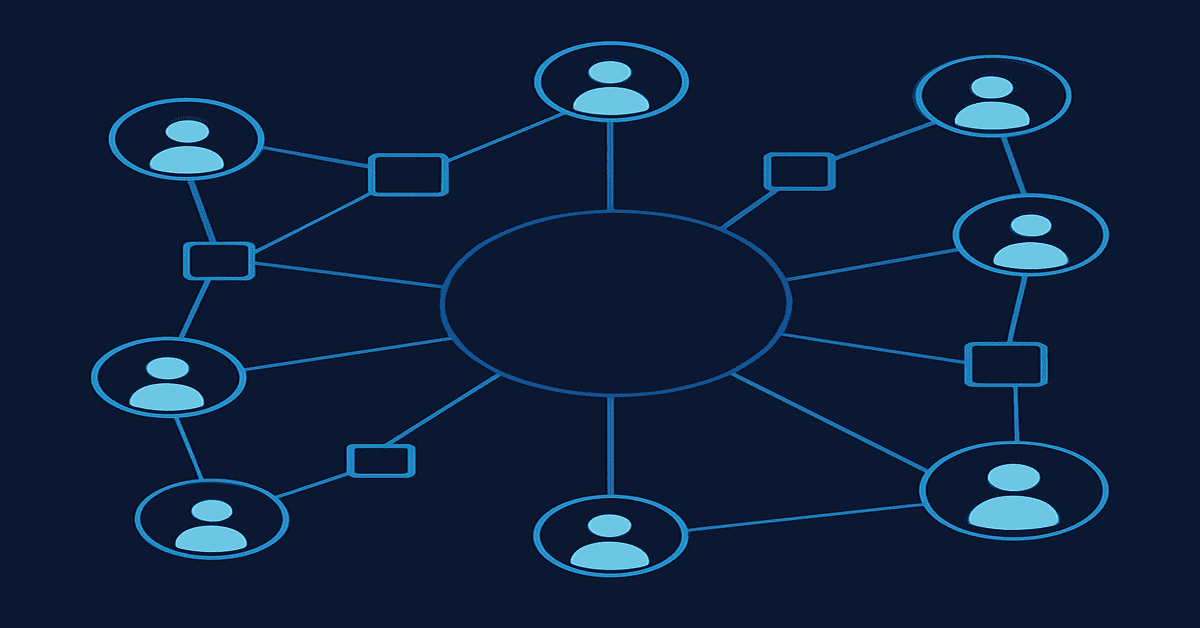
Redefining Connection: Decentralized Social Media
1. What is Decentralized Social Media?
Decentralized Social Media (DSM) refers to communication platforms that are not controlled by a single entity but instead operate on networks like blockchain or peer-to-peer systems. Unlike traditional social networks, DSM gives users ownership and control over their content and data.
A key feature is that content creators can earn income directly from their audience, rather than through intermediaries like advertising. This reduces dependency on platform algorithms and increases fairness for users.
2. The Difference Between DSM and DeSoc
DSM and DeSoc are two commonly associated concepts, but they carry different meanings. DSM focuses on content and monetization models based on user-generated content. Meanwhile, DeSoc emphasizes control over social connections, allowing users to carry their identity, data, and relationships across different platforms.
Many current projects are combining both approaches—supporting content creation and distribution while also protecting users' ownership of their personal data and social graphs.
3. Decentralized Data Storage in DSM
An essential aspect of DSM is how content is stored. Instead of relying on centralized servers, these platforms use distributed storage solutions like decentralized storage protocols. This helps safeguard data from risks such as censorship, loss, or cyberattacks.
Decentralized storage also supports transparency and ensures that user-generated content remains permanently accessible and cannot be altered or removed by third parties.